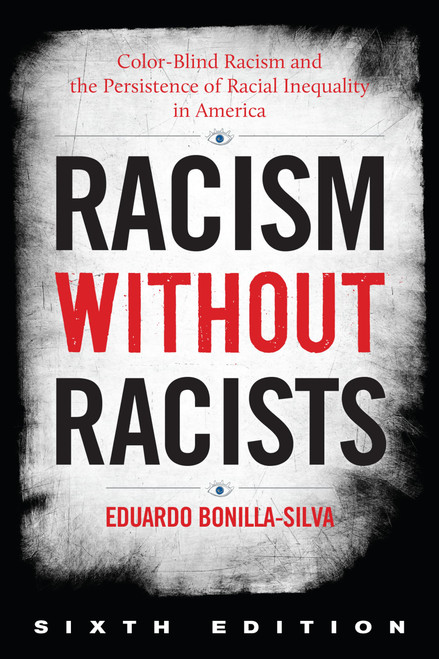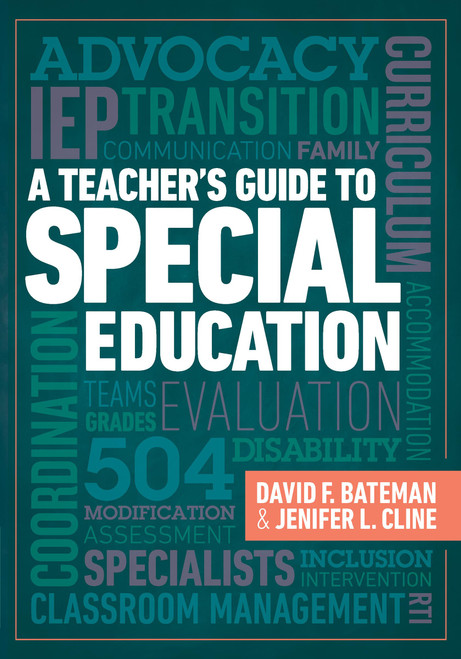An illuminating account of a widespread problem that has received little attention, Racial Inequity in Education sets the stage for a more fruitful discussion about special education and racial justice.
Racial inequities pervade special education in U.S. schools today. Minority childrenespecially African Americansare far more likely than white children to be designated mentally retarded or emotionally disturbed and therefore in need of special education. Even when appropriately placed in special education classes, minority children often receive poorer services than disabled white children.
This book explores the inequities experienced by minority schoolchildren in special education. These issues are examined as problems in their own right, and as reflections of persistent racial inequities in our system of public education. Racial Inequity in Special Education describes the scope of these problems, and provides a comprehensive review of attempts by legislators, child advocates, and educational and civil rights enforcement agencies to address these complex issues. The authors outline essential areas for further research and dialogue.
Racial inequities pervade special education in U.S. schools today. Minority childrenespecially African Americansare far more likely than white children to be designated mentally retarded or emotionally disturbed and therefore in need of special education. Even when appropriately placed in special education classes, minority children often receive poorer services than disabled white children.
This book explores the inequities experienced by minority schoolchildren in special education. These issues are examined as problems in their own right, and as reflections of persistent racial inequities in our system of public education. Racial Inequity in Special Education describes the scope of these problems, and provides a comprehensive review of attempts by legislators, child advocates, and educational and civil rights enforcement agencies to address these complex issues. The authors outline essential areas for further research and dialogue.












